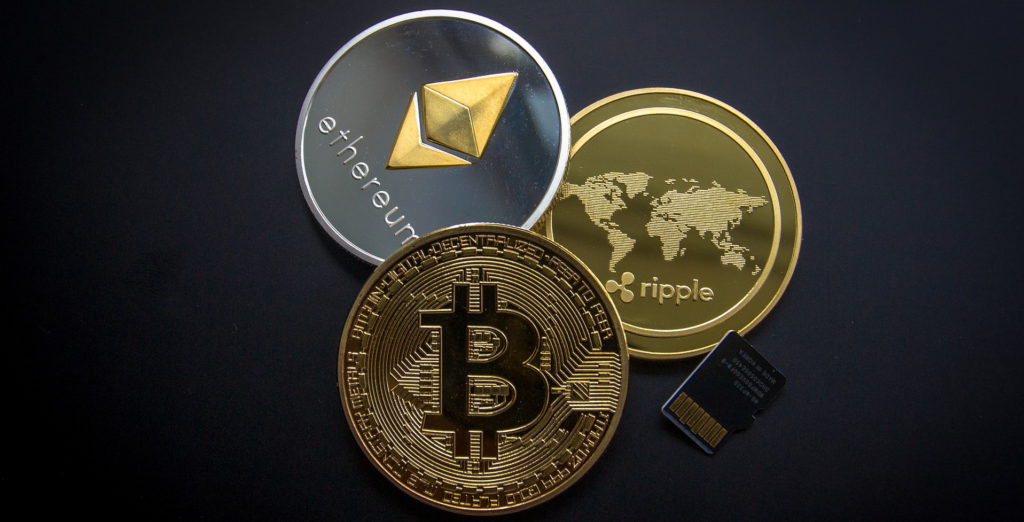In this article, we’re examining what makes Bitcoin valuable. This is a topic of much interest to financial journalists covering the rise (and rise) of cryptocurrencies over the past decade because on paper, it’s difficult to derive an absolute and objective value for a cryptocurrency. Modern financial assets such as shares or bonds are valued as a function of their future expected stream of dividends. Cryptocurrencies, in contrast, don’t produce an income stream and therefore speculators must calculate an intrinsic value through other methods. So it’s tricky to determine if Bitcoin is a good investment.

Disclaimer: You should be aware that all cryptocurrency investments are high-risk investments. Even the best cryptocurrency books cannot accurately predict the best cryptocurrencies to invest in because past returns are not a good guide to future returns. Cryptocurrency is not a regulated investment, therefore you may not have the right of redress from financial regulators if something goes wrong. When investing in cryptocurrency you should only invest money that you can afford to lose. You should perform your own research. Please read our full site disclaimer.
1) Scarcity
Bitcoin, like gold, is scarce. This means that there is no more than 21 million bitcoin ever to be mined (this number doesn’t even consider the lost coins). This means bitcoin has a limited supply, like gold. And since bitcoin is digital, it cannot be printed or otherwise manipulated by anyone (for instance the government).
2) Decentralization
Bitcoins are mined by solving cryptographic problems using computing power. This process is called mining and miners are rewarded with bitcoins for every problem they solve. The more computing power they provide, the more bitcoins they get. Thus bitcoin can’t be printed or manipulated by printing money, like traditional currencies (which governments do to manage their debt).
3) Acceptance
These two properties combined give bitcoin a lot of value and attractiveness globally. This is what makes bitcoins valuable. Taking a look at the graph above, bitcoins have been overtaken by another cryptocurrency – Ethereum. There are many reasons why Ethereum is interesting and of course, it’s not as stable as bitcoin yet, but that will change also with time.
8.57 bitcoins on October 23, 2008, today they are worth more than 1 million dollars. Why? Because of its increasing acceptance as a currency and because it kept being rare through years, up to the point that few bitcoins are left to mine.
3) Mathematical properties
Bitcoin network is built up through solving mathematical problems. This allows the order of transactions to be established on a peer-to-peer network without any central authority, thus creating trust on the Internet. Also, it allows owners of bitcoins to be private and anonymous since “keys” (personal cryptographic codes) are not shared.
4) Backing by physics and mathematics
Cryptography and mathematical problems back bitcoin and give it its value since the network cannot be manipulated, creating trust in it. Moreover, cryptography uses a lot of computational resources that can’t be easily faked or emulated. This means that the physical world backs the bitcoin currency.
5) Deflationary currency
Bitcoin has a limited supply and it’s not easy to manipulate that. Bitcoin value was $10 in 2011, $500 in 2012 and $58,000 at the date of writing. The total market cap of all bitcoins is already worth more than 1 trillion dollars. This sets the ceiling for even bigger possible bitcoin value in the future.
7) Direction of use
Exchanges are starting to be used by more people, which further increases its acceptance. As time passes and as awareness grows, companies are adding bitcoin as a payment option, making it easier for customers to use it. Just like credit cards were established decades ago but they’re still growing today, bitcoin is doing the same.
6) Meritocracy
Bitcoin was coded in 2009 and released in early 2010 by a pseudonymous person called Satoshi Nakamoto. Since then it has been developed through a collaboration of the community. Anyone can contribute to it and code fixes or improvements for free (which is why lots of companies cannot own bitcoin). The network functions through the collaboration of the community, making it a meritocracy.
9) Deflationary, unlike fiat money
Fiat money can be printed by governments in any quantity they want to pay their debts or influence the economy (to get it out of recession etc). Printing more money (than the value an economy offers) devalues the money. This creates inflation since its value decreases over time. Bitcoin is different because it has a limited supply and the work needed to mine (the mining difficulty) will keep increasing, making bitcoin deflationary.
10) It’s like the Internet in the 90s
The Internet was there for years but nobody cared about it until people started using it and making business on it. Similarly, bitcoin is there for years and no one cared about it until recently, when companies started accepting it as a payment method and governments started establishing regulations